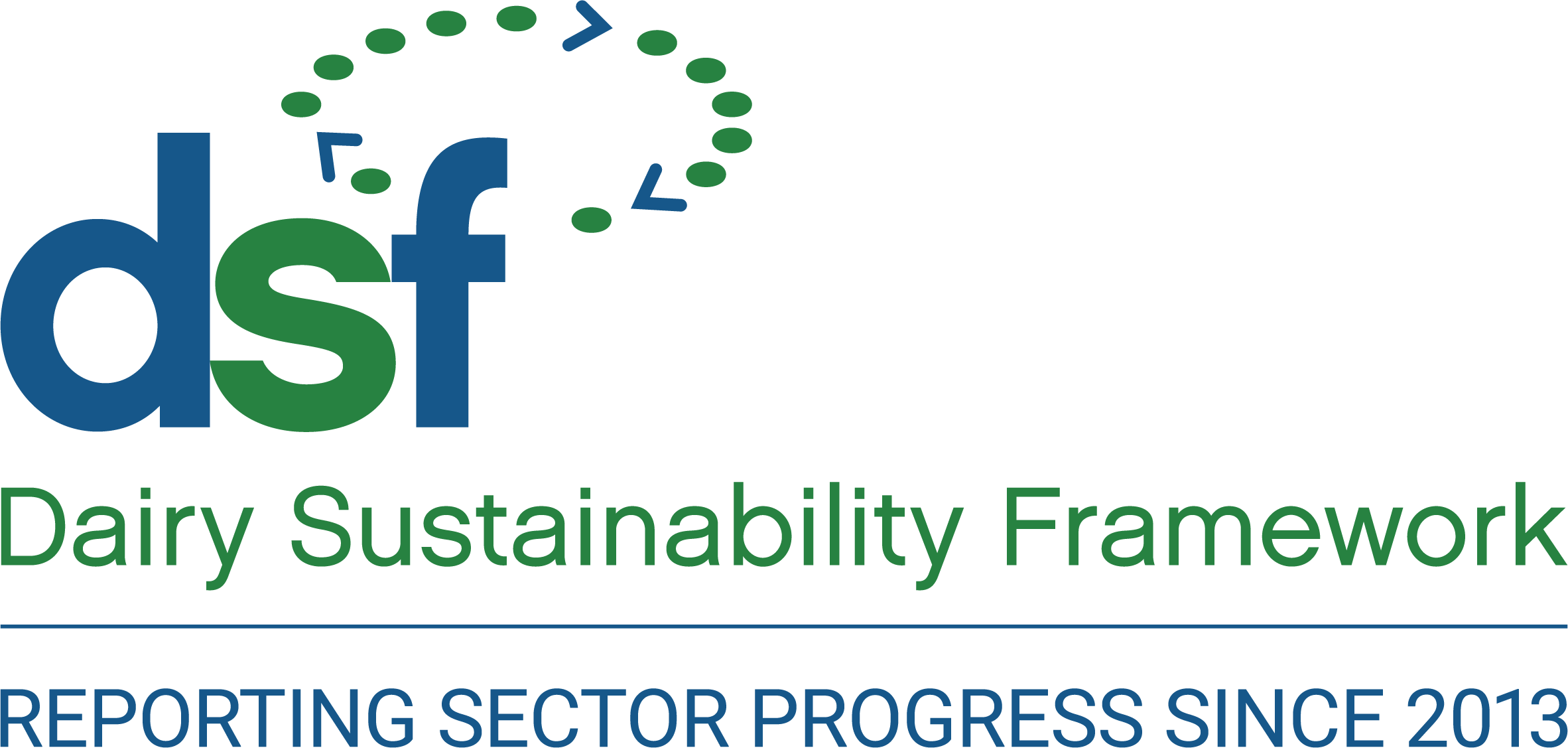GWP* Project
GWP* Project
Many will be aware that Global Dairy Platform is coordinating a project on behalf of a number of global ruminant sector organisations (beef, dairy and sheep) to better understand the scientific evidence base and the implications of applying the GWP* approach to quantify methane emissions in the atmosphere. Under the current GWP100 approach used by the UNFCCC, methane is treated in the same way as carbon in the atmosphere. In reality, methane is actually a short-lived climate pollutant, (carbon is a long-lived carbon pollutant remaining in the atmosphere for 100’s or even thousands of years), with a half life in the region of 12 years. The GWP* approach requires any analysis to appreciate the individual gases as opposed to the ‘basket’ of gases that has become commonplace under the GWP100 model.

From left to right: Brian Lindsay - DSF, Prof. Dave Frame - Victoria University, Wellington. Kimberly Crewther – CEO, Dairy Companies of NZ
Katie Milne – National President, Federated Farmers
The GWP* model, initially suggested by climate scientists from Oxford University UK, is starting to gain momentum as more detailed papers are published.
This project has already commissioned a literature review (not yet published) to better understand the methane science and the potential benefits and disadvantages for the global ruminant sector of applying GWP*. In addition to the literature review the project will commission a modelling phase to appreciate impact under a number of scenarios. In designing the modelling approach and level of detail required for the modelling, a recent meeting took place with Professor Dave Frame of Victoria University, New Zealand ( a co—author with the Oxford group) organized by Dairy Companies of New Zealand. This meeting focused on developing a model to represent a number potential livestock production scenarios globally involving comparability, economic and even nutritional aspects so that if the GWP* model was applied at a global level and, what potential ‘methane’ and policy implications need to be considered.
If you are interested in becoming a funding partner in this project, please contact brian.lindsay@dairysustainabilityframework.org
